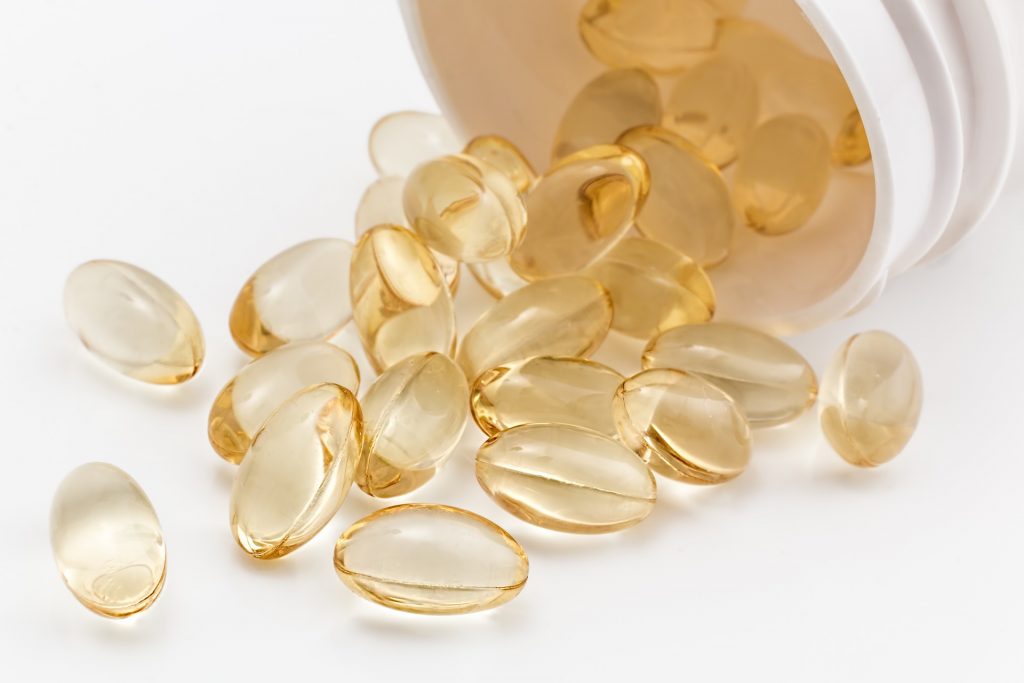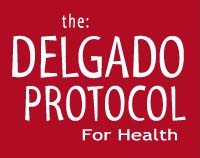5 Things You Need To Consider Before Buying Or Swallowing Another Supplement
High quality supplements have the power to completely transform your health but you need to be very cautious when choosing a supplement brand, or you may end up causing more harm than good. Seek the guidance of a healthcare practitioner, thoroughly inspect the product label and ask yourself the following 5 questions whenever you purchase a new supplement:
#1 Are the Nutrients in it Balanced?
Many ‘proprietary’ blend supplements and multivitamins provide nutrients in an imbalanced manner — too much of anything is not a good thing! Also, vitamins and minerals rely on each other for proper absorption and many work synergistically in your body. This means that a super high dose of one vitamin or mineral can cause a deficiency in another or prevent another from doing its job properly. Plus, high doses of certain vitamins and minerals can be toxic. For instance, too much calcium can cause kidney stones; too much vitamin A can cause liver toxicity and birth defects; and too much iron may increase your risk for Alzheimer’s disease, Parkinson’s disease and liver cancer.
#2 Is it GMP Certified?
Supplements are not subject to the Food and Drug Administrations (FDAs) approval, this means that the majority of supplements on the market have not been proven to be safe or effective. Consumer reports have found many supplements don’t contain what their label says they do, and some fail to provide the dosages they purport to provide. Most high quality supplement brands will voluntarily seek out a stamp of approval from the FDA however, and the label will clearly state that it is GMP (Good Manufacturing Practice) certified. The GMP stamp is your assurance that the entire production process (including materials, premises, equipment and staff) adheres to the highest standards possible, and the end product is pure, safe and effective.
#3 Is It Natural?
 In order to save money and maximize profit, many supplement companies will manufacture their products with synthetic, as opposed to natural vitamins. Synthetic vitamins are problematic because your body has a hard time absorbing them. Some synthetic supplements are even derived from toxic sources such as coal tar and petroleum. Also, most synthetic supplements provide singular vitamins without their naturally occurring essential synergistic nutrients. Whole-foods based supplements on the other hand, are derived from foods, plants and herbs and they provide nutrients in the way that nature intended, making them far more balanced and bioavailable (easier to absorb). Some common synthetic vitamins to avoid include ‘ascorbic acid’ (vitamin C), ‘riboflavin’ (vitamin B2), and ‘dl-alpha tocopherol acetate’ (vitamin E).
In order to save money and maximize profit, many supplement companies will manufacture their products with synthetic, as opposed to natural vitamins. Synthetic vitamins are problematic because your body has a hard time absorbing them. Some synthetic supplements are even derived from toxic sources such as coal tar and petroleum. Also, most synthetic supplements provide singular vitamins without their naturally occurring essential synergistic nutrients. Whole-foods based supplements on the other hand, are derived from foods, plants and herbs and they provide nutrients in the way that nature intended, making them far more balanced and bioavailable (easier to absorb). Some common synthetic vitamins to avoid include ‘ascorbic acid’ (vitamin C), ‘riboflavin’ (vitamin B2), and ‘dl-alpha tocopherol acetate’ (vitamin E).
#4 Is it Pure?
Many supplements contain unhealthy fillers and additives such as titanium dioxide (which causes cell damage), synthetic flow ingredients such as magnesium stearate (which can actually block the absorption of nutrients in your body), hydrogenated oils, and artificial food coloring. Companies add these toxic ingredients in order to make the production process faster, cheaper and easier; to make them more appealing to the eye, and/or to make them easier to swallow. Some supplements are also contaminated with heavy metals, bacteria, pesticides and/or prescription drugs. If a supplements is substantially cheaper than the same supplement from other brands, it should raise a red flag. For instance, dollar store brands are notorious for producing contaminated products that fail to supply what is purported on the label. When given a choice, choose a supplement that is made from whole, raw food ingredients; that is certified organic and non-GMO; and soy, gluten and dairy-free.
#5 Will it Interact Negatively with Other Supplements or Medications?
Supplements can interact with medications or other supplements; increasing or decreasing their potency, increasing their side-effects, and potentially putting you at risk for health complications. If you have any chronic disease, you need to be extra cautious because certain vitamins, minerals and nutrients can effect the disease process. For instance, a multivitamin with a high dose of chromium can effect the blood sugar and insulin requirements of diabetics. St. John’s Wort can intensify the effects of certain antidepressants and undermine drugs used to treat asthma, hypertension and HIV. And ginger, garlic and ginseng can all increase the risk of bleeding if you’re on blood thinning drugs. On the other hand, certain supplements can work alongside medications and prescription hormones, enhancing their effectiveness and potentially even eliminating the need for the prescription drug all together. Due to all of the above potential variables, it is wise to always consult with a healthcare practitioner before starting any new supplement.
*All of the Delgado Naturals supplements are GMO-free and have the Food and Drug Administrations GMP stamp of approval. They are manufactured with no synthetic or harmful additives and with the highest quality, purest ingredients possible. To find out more or purchase a Delgado Naturals Supplement: http://www.unitynaturals.com[/fusion_text][/fullwidth]



